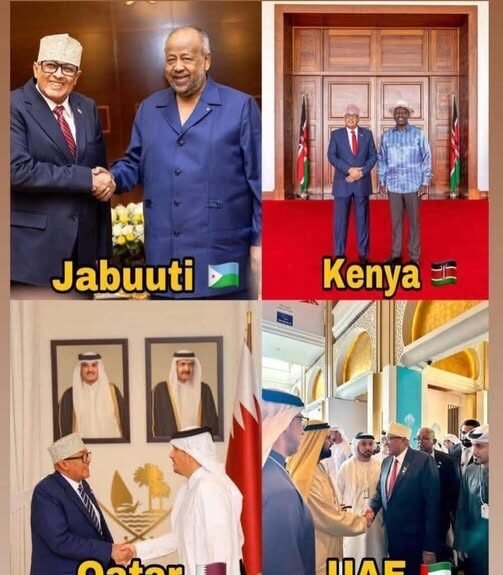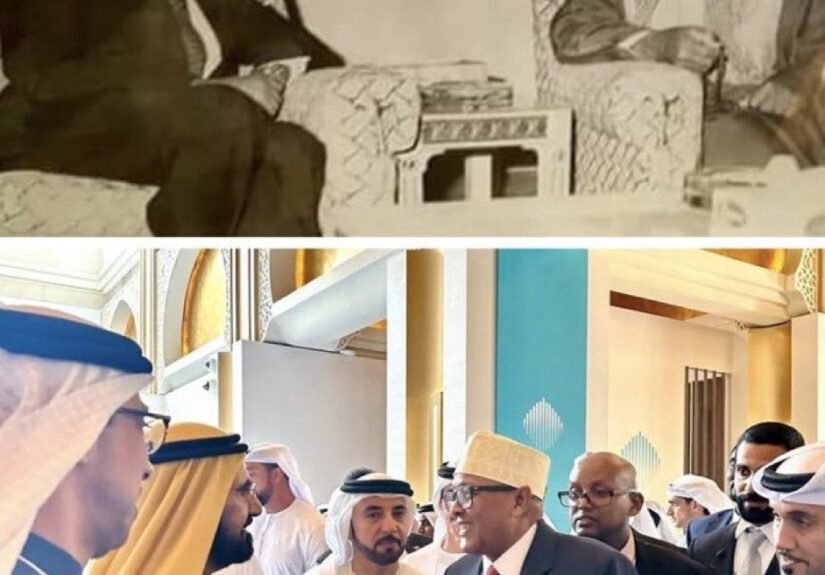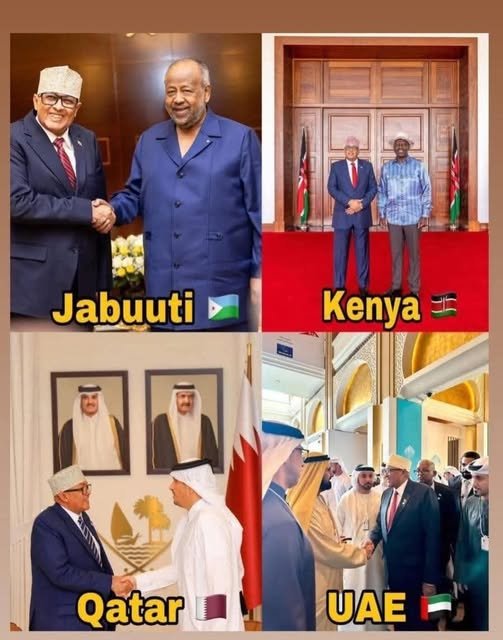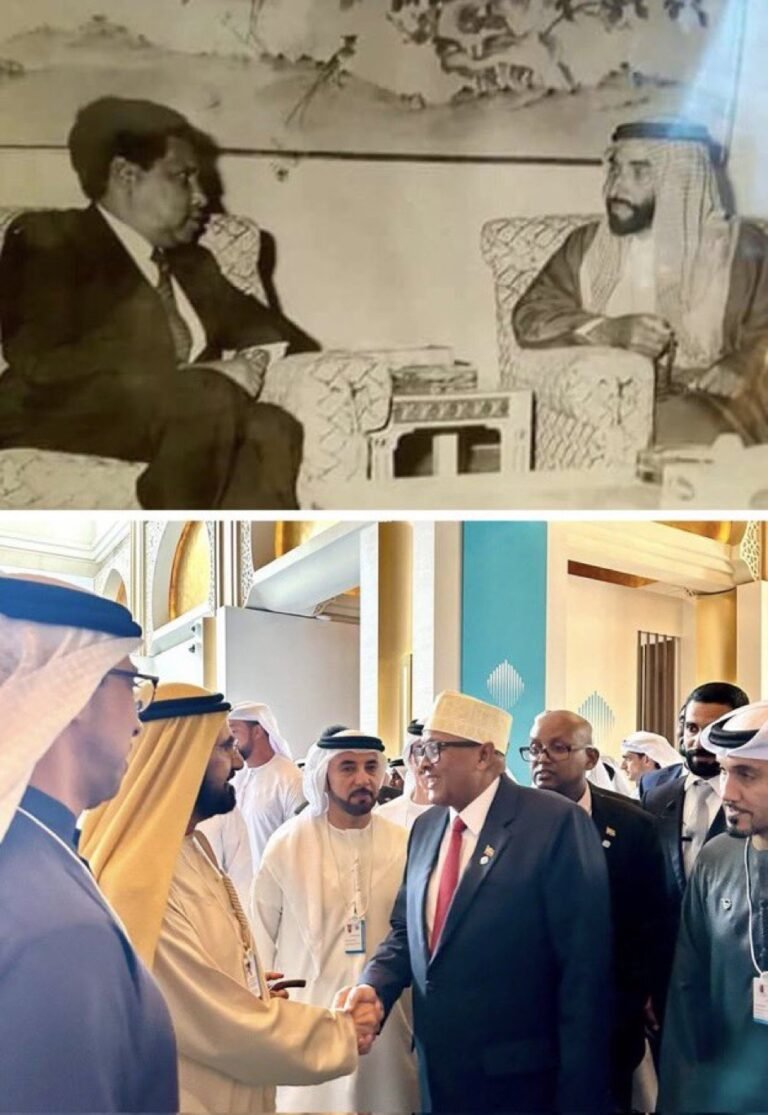
The Orphan's Legacy

By Prof. Nassir Hussein Kahin
Once upon a time, in a faraway land where colonial empires shaped destinies without a care for consent, there lived an orphan named Somaliland. She was fierce and independent, born in the arid beauty of the Horn of Africa, where her people thrived with wisdom and tenacity. One day, a British colonial ruler stumbled upon her. He saw potential in this young ward—not for her sake, but for his.“You shall be my protectorate,” the British ruler declared, wrapping her in the Union Jack. He promised safety, structure, and prosperity, though his hands were quick to take more than they gave. Somaliland, practical as ever, accepted the arrangement. She learned much under his care, though the lessons often came at her expense.Years rolled by, and the winds of change swept across the world. The colonial ruler, eager to leave his wards behind, hatched a hasty plan. Somaliland, without so much as a consultation, was handed over to unite with another orphan, Italian Somalia.“It’s for the best,” the ruler insisted, dusting off his hands. “You two will be stronger together.”Somaliland, though skeptical, entered the union, believing in the promise of partnership. But her new partner, Somalia, was charming yet self-centered. Their union quickly soured. Somalia sought to dominate, ignoring Somaliland’s voice and aspirations.The situation worsened when their marriage was given as a dowry to a brutal and cunning dictator named Siad Barre. Barre ruled with a cruelty that knew no bounds, favoring Somalia while treating Somaliland as little more than a resource to exploit. When Somaliland’s people dared to demand equality and respect, they were met with violence of unimaginable scale. Cities were leveled, thousands perished, and Somaliland’s cries for justice fell on deaf ears.But Somaliland was no ordinary orphan. She endured the pain, gathered her strength, and fought back. In 1991, after years of unimaginable suffering, she broke free from her tormentor and declared her independence.“I am Somaliland,” she proclaimed to the world. “I am sovereign, and I shall rise again.”And rise she did. Somaliland rebuilt herself from the ashes. Her people, resilient and resourceful, created a peaceful and democratic state. She held elections, fostered stability, and nurtured a society where hope replaced despair. While her former partner, Somalia, descended into chaos, Somaliland stood tall as a model of what could be achieved through determination and unity.Yet, the world refused to acknowledge her triumph. Global powers, blinded by geopolitics, clung to the fiction of a union long since dissolved.“Reunite with Somalia,” they said, as if Somaliland were a runaway child instead of a capable adult. Recognition, the ultimate symbol of sovereignty, was withheld, as if her achievements were invisible.Undeterred, Somaliland pressed on. She continued to govern herself with dignity, proving her worth not through words but through actions. She built schools, developed infrastructure, and cultivated a peaceful society in a region often defined by turmoil.The world, however, remained deaf to her story. They spoke of stability but ignored her example. They preached democracy but overlooked her elections. Somaliland, the orphan who had grown into a self-made nation, stood proud despite the indifference.One day, perhaps, the world will open its eyes. They will see Somaliland not as a lost child or a dowry discarded in haste, but as a beacon of hope, resilience, and self-determination. Until then, Somaliland walks her path alone, a nation unrecognized yet undeniably sovereign, proving that true strength lies not in the recognition of others but in the unyielding belief in oneself.




